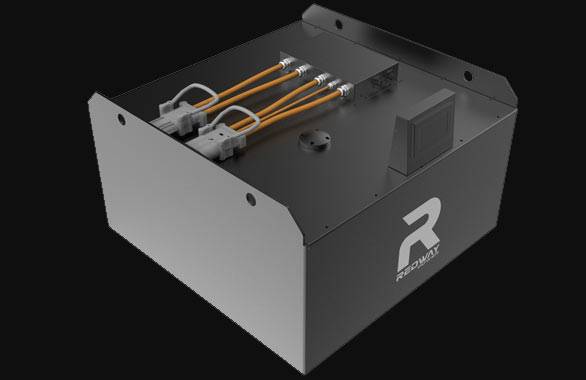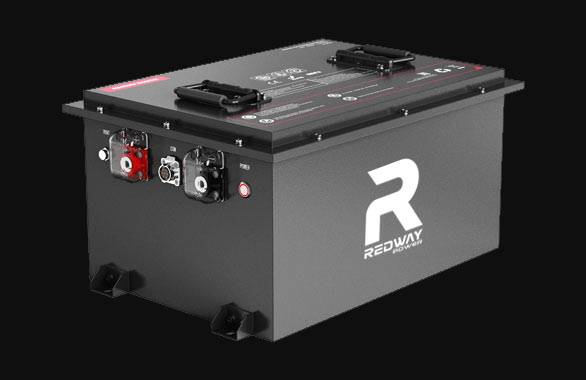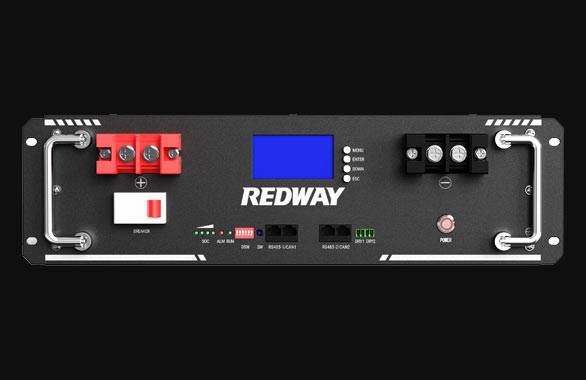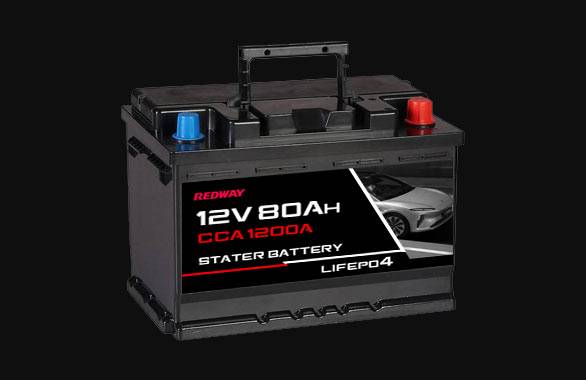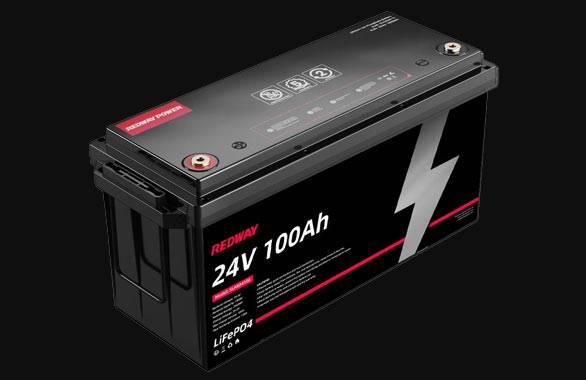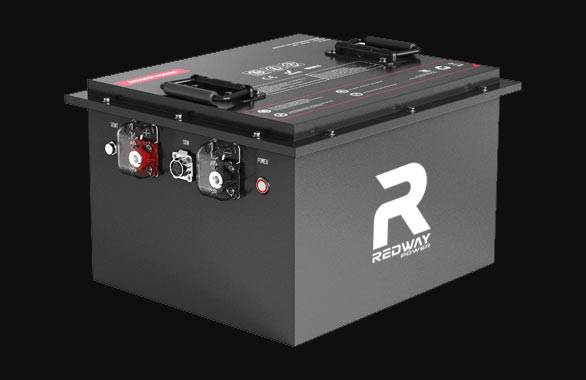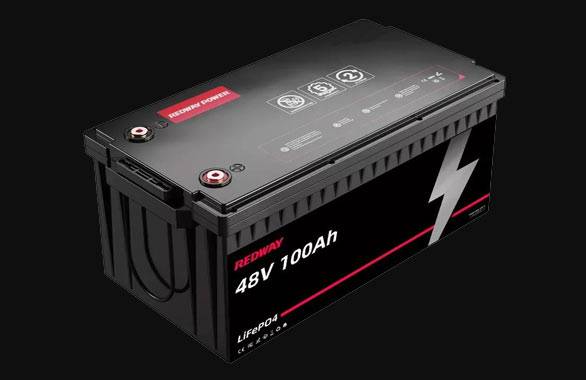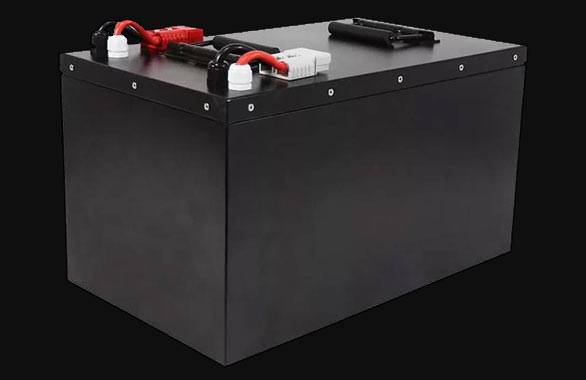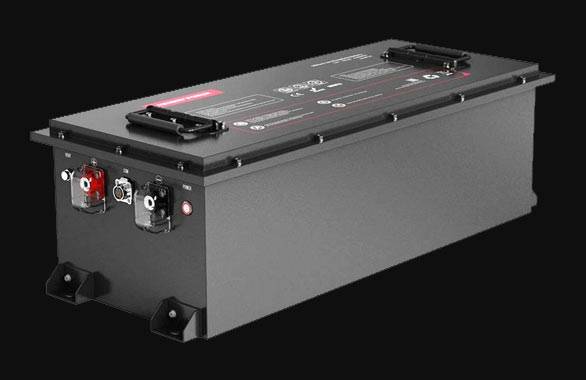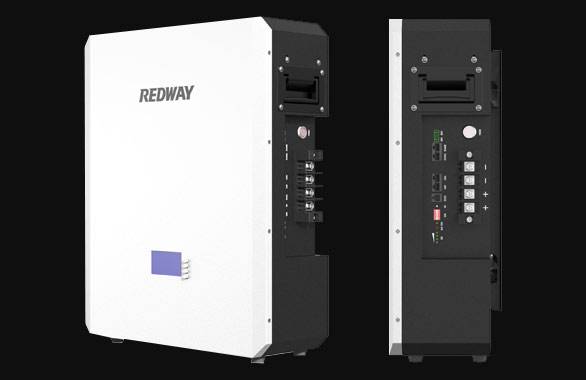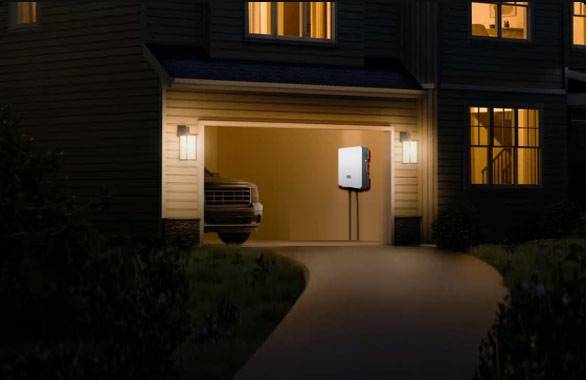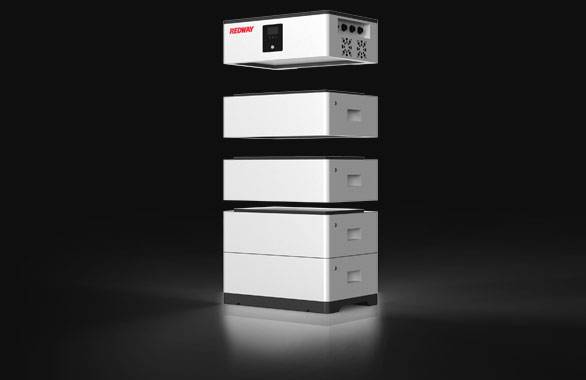- Forklift Lithium Battery
- Golf Cart Lithium Battery
- Rack-mounted Lithium Battery
51.2V 100Ah Rackmount LiFePO4 Battery
8000 times (80% DOD 0.5C)
Optional SNMP for TELECOM - Car Starter Battery
- 12V LiFePO4 Battery
12V 150Ah Lithium RV Battery
Bluetooth App | Self-heating
LiFePO4 | Group 31
UL 1642 | IEC 62619 - 24V LiFePO4 Battery
- 36V LiFePO4 Battery
- 48V LiFePO4 Battery
- 60V LiFePO4 Battery
60V 100Ah Lithium Battery (AGV, AMR, LGV)
Peak Discharge Current 400A
500 x 298 x 349 mm - 72V~96V LiFePO4 Battery
72V 100Ah Lithium Golf Cart Battery
Peak Discharge Current 315A (10S)
740 × 320 × 246 mm - Wall-mounted Lithium Battery
51.2V 100Ah 5kWh
Wall-mounted Battery532 x 425 x 170 mm / LiFePO4
>8000 Cycles (80% DOD 0.5C)
RS485 / CAN-bus
for Solar Home ESS - Home-ESS All-in-One
51.2V 32kWh
All-in-On HESS SystemPowerAll
51.2V / LiFePO4
>8000 Cycles (80% DOD 0.5C)
RS485 / CAN-bus / WiFi
All-in-One for Home ESS
How to Choose the Best Forklift Push/Pull Rental for Your Needs?
Renting forklift push/pull attachments provides flexibility for short-term projects, reduces upfront costs, and ensures access to modern equipment. Evaluate rental terms, equipment compatibility, and provider reliability. Prioritize suppliers offering maintenance support and scalable solutions to match operational demands.
LiFePO4 Forklift Batteries OEM Manufacturer
What Types of Forklift Push/Pull Attachments Are Available for Rent?
Common push/pull attachments for rent include slip sheet attachments, ideal for replacing pallets in warehousing and distribution. Single-double attachments allow handling of one or two loads simultaneously. Some rentals include quick-disconnect options for faster changes and hydraulic systems for smoother operation. Variants with extended reach or specialized clamp pads are also available depending on material type. Renting the right attachment improves efficiency in handling bulk, bagged, or boxed goods without traditional pallets.
Common rental options include:
- Standard Push/Pulls: Ideal for general pallet handling.
- High-Capacity Models: Designed for heavy loads (3,000–6,000 lbs).
- Adjustable Width Attachments: Accommodate varying pallet sizes.
- Specialized Clamps: Secure irregularly shaped loads.
- Electric-Powered Units: Eco-friendly options for indoor use.
| Type | Capacity | Best For |
|---|---|---|
| Standard | 2,000–4,000 lbs | Daily warehouse operations |
| High-Capacity | 6,000+ lbs | Manufacturing & construction |
| Electric | 3,000–5,000 lbs | Indoor facilities |
Why Rent Instead of Buying Forklift Push/Pull Attachments?
Renting eliminates upfront capital expenditure, offers access to upgraded technology, and avoids long-term maintenance costs. It’s cost-effective for seasonal operations or temporary projects. Rental agreements often include repairs and replacements, reducing downtime risks.
Businesses with fluctuating demand benefit most from rentals. For example, food distributors during peak seasons can scale equipment without permanent investments. Rental providers frequently update their fleets, ensuring clients access the latest safety features and efficiency improvements. Tax advantages also apply, as rental fees typically qualify as operational expenses rather than capital depreciations.
How Much Does It Cost to Rent a Forklift Push/Pull?
The rental cost for a forklift push/pull attachment typically ranges from $150 to $400 per day, depending on location, brand, and duration. Weekly rates average $500 to $1,200, with monthly rates from $1,500 to $3,500. Prices vary based on weight capacity, attachment type, and compatibility. Long-term rentals often offer discounted rates. Always confirm if the cost includes installation, maintenance, and hydraulic connections, which may affect the overall rental price.
Rental costs range from $150–$500 weekly, depending on:
- Attachment type and capacity.
- Rental duration (short-term vs. long-term).
- Geographic location.
- Additional services (delivery, maintenance).
| Factor | Details | Cost Impact |
|---|---|---|
| Duration | Monthly vs. daily rates | 10–25% discount for long-term |
| Location | Urban vs. rural areas | $50–$150 variance |
| Add-ons | Training or insurance | +$75–$200/week |
How Does Maintenance Support Impact Your Rental Experience?
Providers offering 24/7 maintenance ensure minimal downtime. Confirm whether repairs, part replacements, and technician labor are included in the rental contract. Regular maintenance checks extend equipment lifespan and prevent operational delays.
Top-tier suppliers perform pre-rental inspections and provide replacement units during repairs. For instance, a logistics company experiencing hydraulic issues can receive a standby unit within hours under premium service agreements. Preventive maintenance schedules aligned with shift patterns further optimize uptime, particularly in 24/7 operations.
“Renting forklift push/pull systems allows businesses to adapt quickly to changing demands without the financial burden of ownership. At Redway, we emphasize flexible terms and proactive maintenance to ensure our clients maximize productivity,” says John Mercer, Senior Logistics Consultant at Redway.
FAQ
- Can I Rent Forklift Push/Pull Attachments for One-Day Projects?
- Yes, many providers offer daily rentals. Confirm availability and pricing in advance for short-term needs.
- Are Damaged Rental Attachments Covered by Insurance?
- Most rental agreements include damage waivers, but review terms carefully. Optional insurance upgrades may cover accidental damage.
- Do Rental Providers Offer On-Site Training for Equipment Use?
- Reputable suppliers often provide basic operational training to ensure safety and compliance. Request this service when finalizing your contract.


